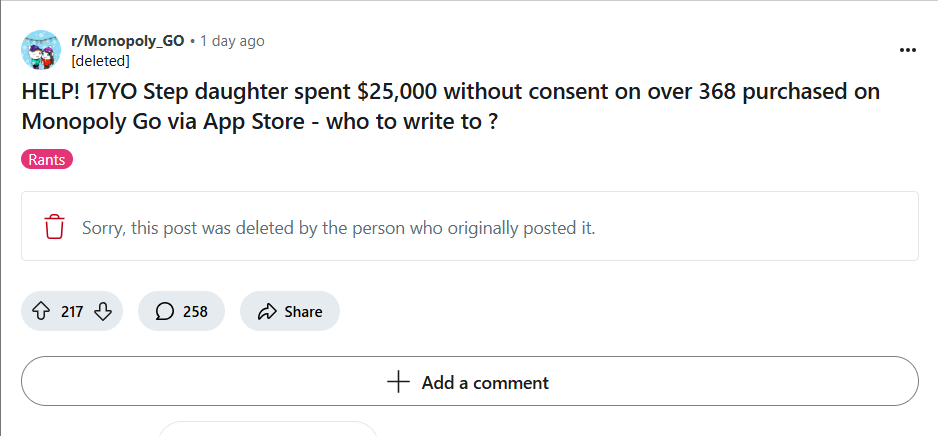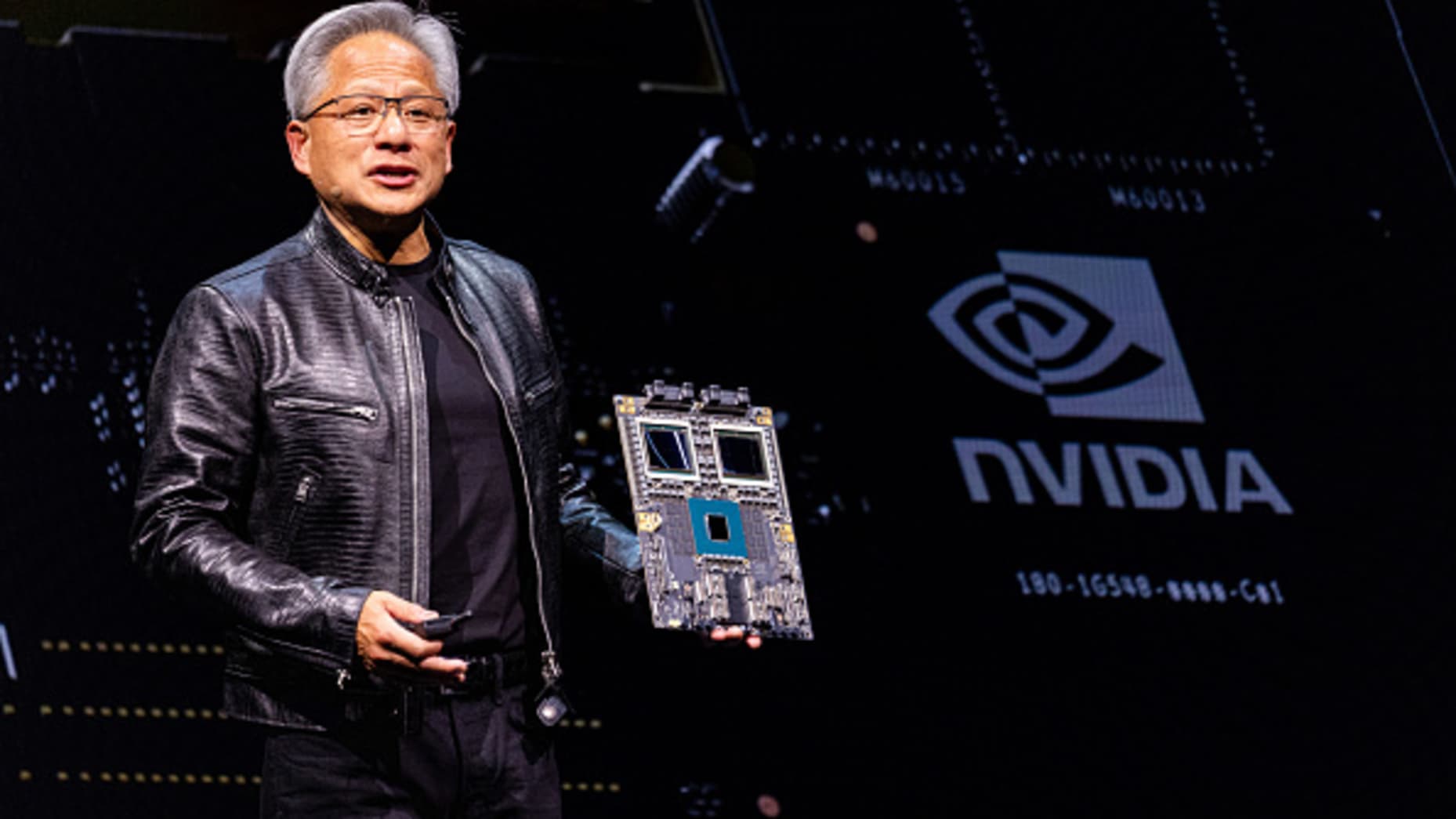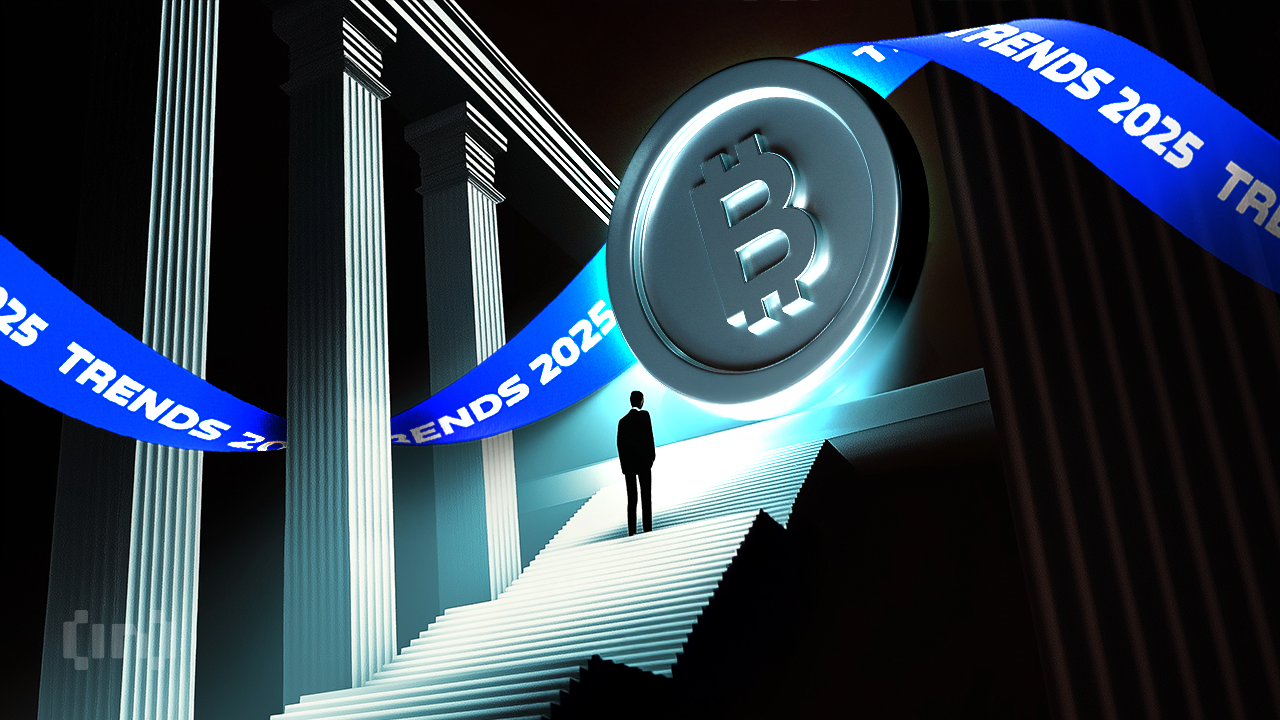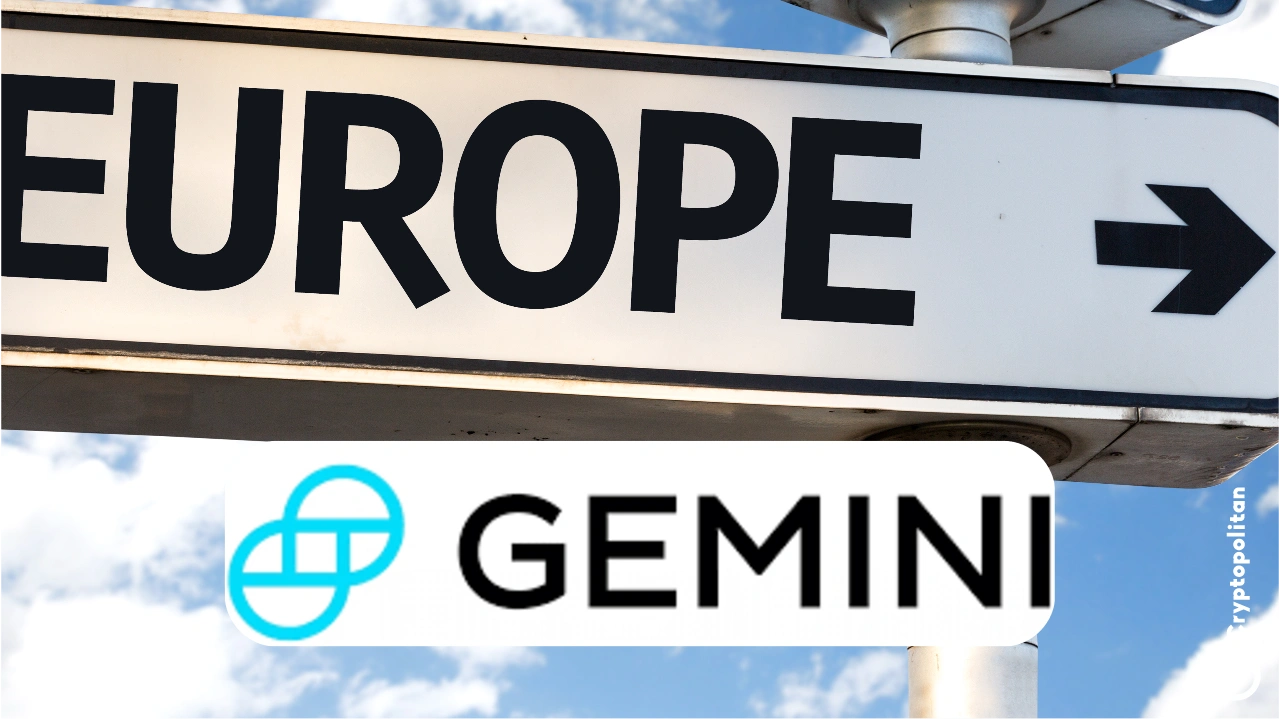A 17-year-old allegedly spent $25,000 on micro-transactions in the Monopoly GO in-app purchases section. These transactions allow users to unlock rewards and level up faster, and many users have been known to spend high amounts on these achievements.
This teenager is not the first to spend a big chunk of money on Monopoly GO. Previously, another user also reported spending $1,000 on the game before removing it. However, even that case is only a small fraction of what this teenager spent recently on the free-to-play game, as discovered by the parents.

In a deleted Reddit post, the parent of a 17-year-old shared that their daughter had spent $25,000 without consent on over 368 purchases in Monopoly GO through the App Store. The parent seemed concerned and looking to find “who to write to” and was hoping for a return.
The comment section didn’t bring any good news for the parents, as Monopoly GO’s terms and conditions hold the user responsible for any payment made, whether intentional or not.
Monopoly GO and other games raise revenue through micro-transactions
Free-to-play games can earn profit through small transactions. According to AppMagic data, Pokemon TCG Pocket also made revenue of $208 million in its launch month.

Back in 2023, an NBA 2K player also filed a lawsuit against Take-Two Interactive for its microtransaction strategy.
The recent Monopoly GO case by the teenager won’t reach any positive conclusion, especially one that the parent receives any returns on the unauthorized transactions. However, it does raise concerns about the nature of in-app spending, especially in games that underaged players can access.
It’s not difficult to understand why the gaming industry prefers this model, as it generates high revenues for the publishers.
For example, Diablo 4 brought in 150 million from player micro-transactions. The information is publicly shared in the LinkedIn profile of the game’s Senior Product Manager. He detailed his work on Diablo 4 monetization, which includes bundles and discounts that reportedly brought in $150 million.
It also works because players tend to consent to smaller payments more easily, which eventually becomes a regular expense.
Still, gamers consider micro-transactions within apps misleading and often criticize them.
Land a High-Paying Web3 Job in 90 Days: The Ultimate Roadmap










